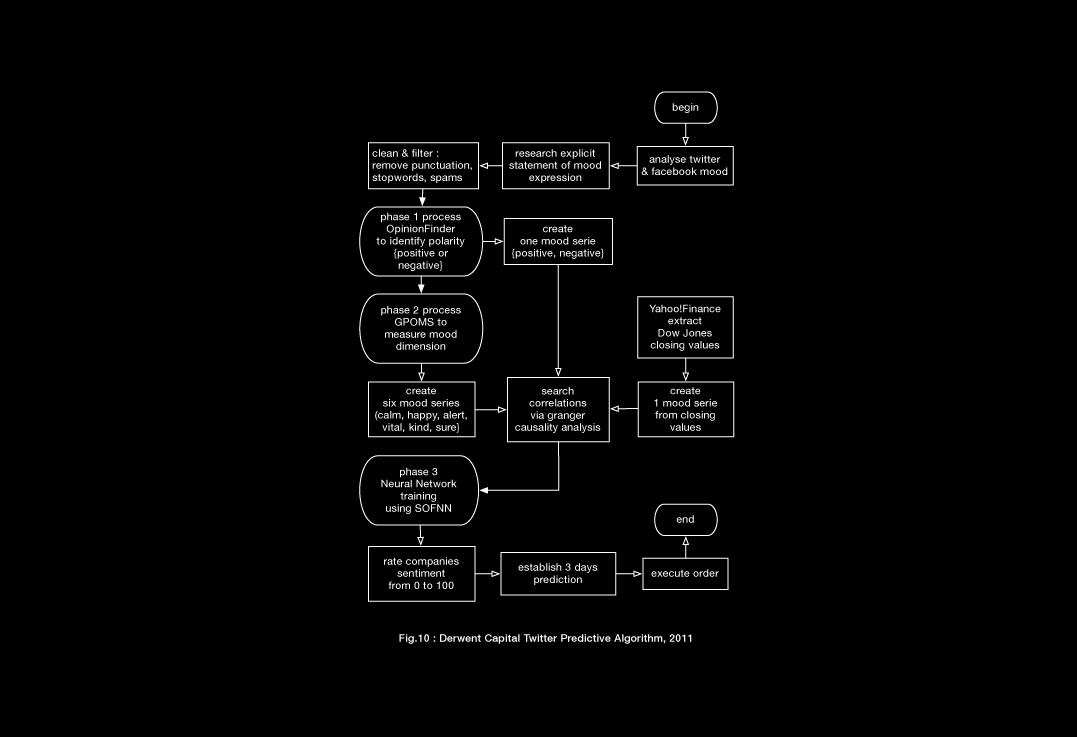User:Cristinac/Day1
The Nearest Neighbours inherit from their Gold1000 Parent
10.1.10.1 cqrrelations
Gold 1000 dictionaries
:The neural processes of language
- Or: why we have a free mind.
- Kim Wende
causality-freewill.net
meaningful semantic information in the brain. causality=cement of the universe Axiom: the force is everywhere heteromodal association cortex
Why language/ why the semantic network? free thought ability to create new and meaningful abstract information ex 1: talking in sleep; ex 2: schizophrenia
while we are saying something at the same time we are generating the reason to do so putting energy into word production
language makes us subjective individuals lateralisation cerebellar hemispheric dominance varies between individuals what is semantic memory? continuous “reason production” = verbal fluency the task: 3 conditions: on screen one single word (cue word) then 3 different fluency tasks, semantic associations
what is verbal/conceptual memory? active when you hear language too words that have a meaning=semantic retrieval,
hyper association
metacognition: when we reflect we can access concepts, flex them and reassociate them we should look for free will in neuroscience when we generate explicitly meaning association we put more effort in image retrieving retrieving meaning about relations=causality concept of causality in semantic theory=relatedness, meaningful relations
the germans have 2 words for it: reflection and elaboration (nachdenken)
:(Des)Anonymisation Technique
- Hans Lammerant
denial of service
data protection: when is data personal or not? Libre text: any information related to an identified or identifiable person
technical means which can be reasonably used to changing non personal data to personal data
combining several data sets: can become a problem
not an easy thing to analyze, to make sure it isn’t personal data in legal terms
research claiming to be able to identify people based on age gender and location
based on that research: how to anonymise, are you able to infer data about a person?
not all personal data has to be by definition private
add noise to be able to maintain anonymity and disguise
randomization techniques, adding mistakes
group people by generalizations: a minimum number prevents people from being identified
data mining and copyright: search engine on local news articles. 11 words minimum to copyright a title
http://ec.europa.eu/justice/data-protection/index_en.htm
https://en.wikipedia.org/wiki/Homomorphic_encryption
http://dataprotection.ky/index.php/resources/eu-framework
http://www.opendatacenteralliance.org/docs/Data_Security_Framework_Rev1.0.pdf
Group brainstorming
http://10.1.10.1:9001/p/table4b
hello all, welcome to table 4b hi cc Impact of algorithmic on language. Translation algorithms > one language of reference (English) about linguistic, translation, algorithmic mediation & creolization (published in Le Monde Diplo january 2015) : https://fkaplan.wordpress.com/2014/11/15/langlais-comme-langue-pivot-ou-limperialisme-linguistique-cache-de-google-translate/ metatags working with a metatag system, could maybe solve the translation-problem of the example of the english saying 'it's raining cats and dogs' in Italian it would give a sign to the system, that human interference is needed on mechanical turk & twitter http://www.zdnet.com/article/twitter-turns-to-amazons-mechanical-turk-judges-to-deliver-more-contextual-ads/ http://engineering.twitter.com/2013/01/improving-twitter-search-with-real-time.html creolization 1. natural language 2. algoritmic language --> the textual result of algoritmic language results in a new sort of language (but this would need a specific topic) definition : process of assimilation in which neighbouring cultures/language share certain features to form a new distinct culture/language nice in the context of Brussels (multilinguistic) f.e.: frenglish related to this: table of ambigious words words that mean something in french, and in english something else : ex confidence --> overlap to Kim's talk --> the way that ideas are constructed language determines the way to think more abstract / less abstract artspeak (perhaps more of a joke) the new form of newspeak, spoken by curators and art critics, full of badly translated french philosophers http://words.jspell.com/word/correlations Ongeveer 32.400.000 resultaten Resultaten voor correlations Zoek in plaats daarvan naar cqrrelations http://www.canopycanopycanopy.com/issues/16/contents/international_art_english But what really matters for this language—what ultimately makes it a language—is the pointed distance from English that it has always cultivated. -- // captcha -- Exformation (originally spelled eksformation in Danish) is a term coined by Danish science writer Tor Nørretranders in his book The User Illusion published in English 1998. It is meant to mean explicitly discarded information. duolingo http://bits.blogs.nytimes.com/2012/06/19/a-computer-scientist-banks-on-human-superiority-over-machines/?_r=0 (not really a startup anymore): humans are able to pick up on (intentionally) left out information -- entropy physics model of measuring disorder and coherence level/degree of a system > its efficence/rationality (--> entropy could be seen as the beach, where the footprints are signs (that is possible to interpret) and that wind make desapear, incrasing the entropy degree) thoughts from Algolit play with the game of imitation of human language, which you would recognize as human language at the first glance --> while reading, you recognize the algoritmic structure --> this could also lead to a new sort of language -- meta-tags,/ meta-data web semantic, RDF vocabulary http://cdckeywords.leuphana.com/metadata/ chair example:
<chair>
<shape></shape>
<material></material>
<height></height>
<width></width>
<colour></colour>
<producer></producer>
<date></date>
….
</chair>
the IBM project Watson tried to answer such semantic-web-questions https://en.wikipedia.org/wiki/Watson_%28computer%29 --> related to TURING TEST self-awareness / an aware font typopgraphy that could be aware of itself characters that will change during the text how do they change? first step could be: where am i? (instead of who am i) Darwinian algorythms opinion / sentiment example
 about Granger analysis
https://en.wikipedia.org/wiki/Granger_causality
about Granger analysis
https://en.wikipedia.org/wiki/Granger_causality
